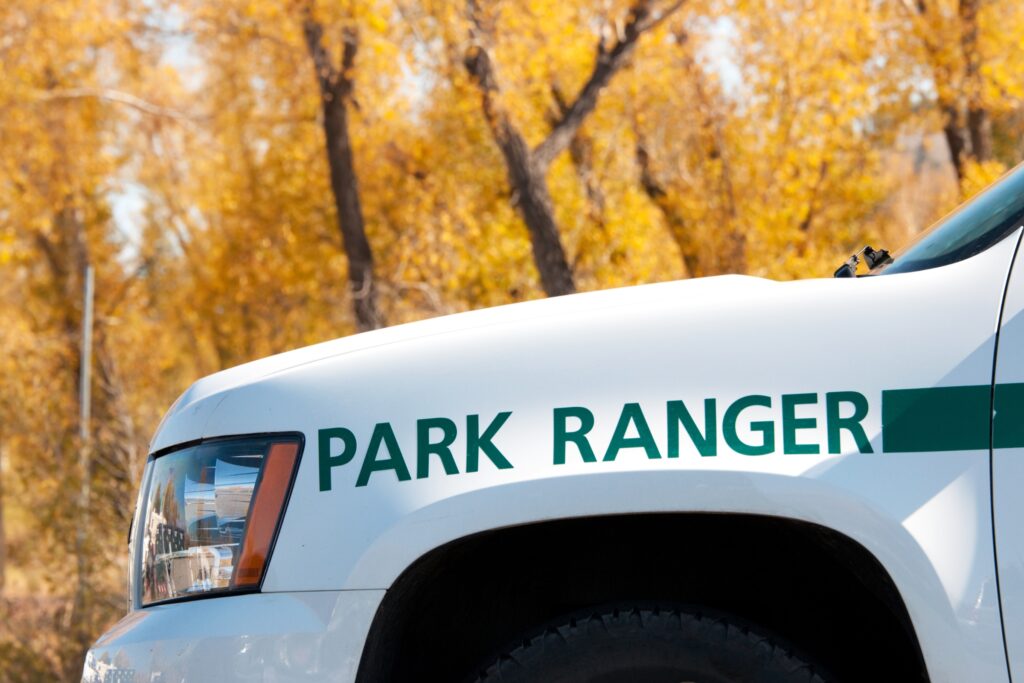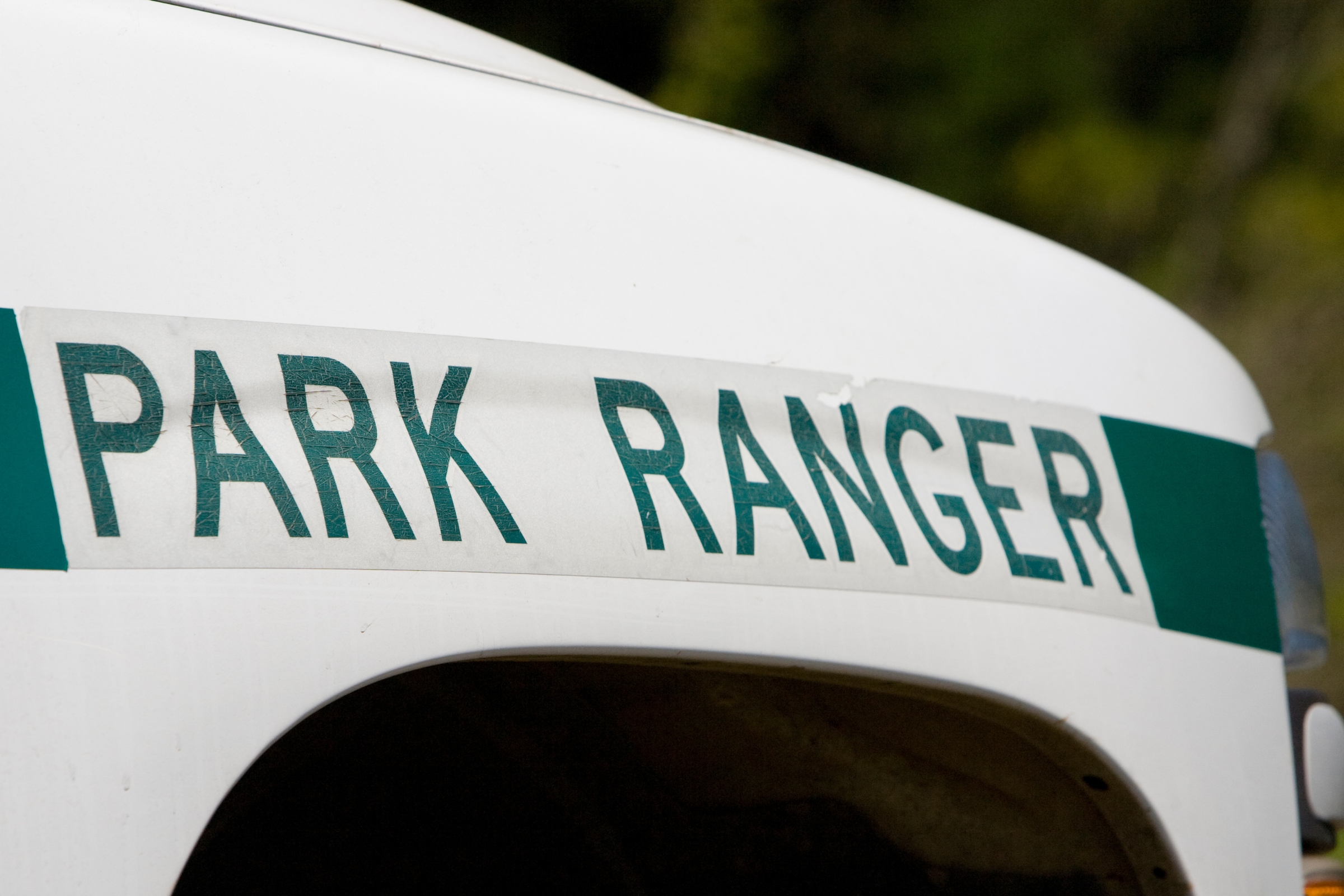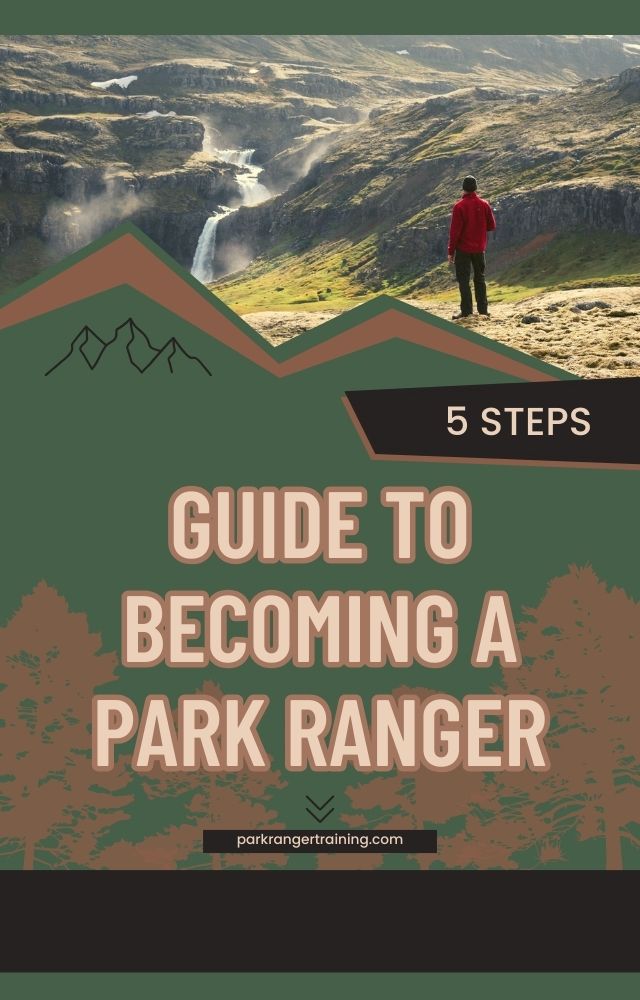If you’re passionate about wildlife and forestry, outdoor recreation, and the idea of preserving natural beauty, becoming a park ranger might be the perfect career for you. While many positions require a degree or higher, requirements vary from state to state, and it’s possible for applicants to possess a wealth of experience instead of formal education. In some cases, parks may hire individuals without suitable experience to substitute for an accredited college or university degree, especially in fields such as natural resource management or wildlife biology.
Before you dismiss the dream of donning the ranger hat because you lack a diploma, explore the various paths that can lead you to this fulfilling career. With determination and the right experience, you can step into a role that allows you to become a steward of the environment and an ambassador for conservation, even if your educational background isn’t rooted in an accredited college or university.
Exploring the Park Ranger Profession
Delving into the profession of park rangers, you’ll find a world rich with opportunities to engage in environmental education, provide guided tours, and ensure the protection of our nation’s parks and forests. Park rangers are not only ambassadors of outdoor recreation but also guardians of natural resources. Their duties are diverse, ranging from enforcing regulations to aiding in conservation efforts, making physical fitness and a broad skill set important assets.
As you consider this career, understand that the role of a park ranger extends beyond the trails and campgrounds. It involves educating the public, managing wildlife habitats, and sometimes even participating in search and rescue operations. The versatility and importance of the role ensure that there’s never a dull moment in the life of a park ranger.
Understanding the Role of a Park Ranger
The role of a park ranger is multifaceted, encapsulating the essence of nature stewardship and public service. As a park ranger, your responsibilities would include preserving the natural environment, providing educational programs, and ensuring the safety of park visitors. You’ll be expected to have knowledge in fields such as natural resource management, environmental science, and possibly even law enforcement, as rangers often act as first responders in emergencies.
Whether you work in state or national parks, your daily tasks will also involve interacting with visitors, offering information, and sometimes enforcement of park rules. The location of the park can influence your duties significantly, with urban parks focusing more on community engagement and remote parks requiring more rugged, backcountry skills.
Park Ranger Salary Insights
Salary for park rangers can vary widely based on factors such as the location of the park, level of experience, and specific job responsibilities. While park rangers in high-cost living areas or with specialized skills may earn higher wages, those just starting out or working in less visited parks might expect lower compensation. Nonetheless, the job offers non-monetary rewards that are unparalleled, such as working in some of the most beautiful places on earth and contributing to the preservation of natural heritage.
According to various salary info databases, entry-level park ranger positions may start at a modest salary, but there is potential for growth as you gain experience and additional responsibilities. Additionally, some park systems offer benefits like health insurance, retirement plans, and housing, which can significantly enhance the overall compensation package for park rangers.

Alternative Pathways to Becoming a Park Ranger
For those without a degree, alternative pathways into park ranger careers exist. Qualifying through a combination of experience in fields related to natural resource management or wildlife conservation can be as valuable as formal education. Applicants may possess at least 24 semester hours in academic majors relevant to the position, such as biology or environmental science, which can be acquired through certification programs or community colleges.
Additionally, if you have extensive experience in outdoor recreation or other related fields, some agencies may evaluate your experience on a year-for-year basis as a substitute for the educational requirements. This recognition of practical knowledge allows for a more diverse range of candidates to join the ranks of state park rangers and contribute their unique expertise to the profession.
Volunteering and Internships: Gaining Experience in the Field
Gaining practical experience is crucial for aspiring park rangers, especially those without a bachelor’s degree from an accredited college or university. Volunteering at parks and forests, nature centers, or outdoor education centers can provide hands-on experience and a chance to demonstrate commitment to natural resources management. Park ranger applicants often find that internships, which may be available through an accredited college or university, offer a structured way to learn skills in criminal justice, outdoor recreation, and environmental sciences.
Requirements for these positions vary from state to state, but typically, to be considered for park ranger positions, applicants are expected to possess significant experience—often equating to 60 semester hours of relevant coursework. This can include a mix of volunteer work, internships, and any formal education you may have in disciplines like criminal justice or outdoor recreation. These opportunities not only bolster your resume but also give you a taste of what life as a park ranger entails.
Certification Programs: Building Relevant Skills
Certification programs can be an excellent way to build the skills necessary for a career as a park ranger. These programs, sometimes offered by an accredited college or university, can provide specialized training in areas such as criminal justice, outdoor recreation, and behavioral science. State park rangers and those aiming for positions within recreational areas often find these certifications valuable as they can be considered on a year-for-year basis in lieu of a degree in a relevant field.
For federal positions, the National Park Service requires a bachelor’s degree for many park ranger positions; however, certifications in relevant subjects can sometimes be used to meet educational requirements. These programs may focus on law enforcement, environmental education, or natural resource protection, equipping you with the knowledge and skills that are directly applicable to the day-to-day duties of a park ranger.

Navigating the Job Application Process
Embarking on the journey to become a park ranger involves navigating a multifaceted application process. This includes understanding the specific requirements of the agencies you’re interested in, which may involve a mix of experience and education in fields like recreation management or natural sciences. Aspiring park rangers should prepare to showcase their qualifications and passion for the profession throughout this process.
Where to Find Job Opportunities for Aspiring Park Rangers
Finding job opportunities for aspiring park rangers can be an adventure in itself. Start by checking with local and state park agencies, as they often have different entry requirements compared to federal positions. For instance, becoming a park ranger in Pennsylvania might require you to be a Pennsylvania resident and possess a valid driver’s license. Job listings are commonly found on government websites, such as the Department of Conservation and Natural Resources or the Bureau of Human Resources.
Additionally, aspiring park rangers should explore volunteer opportunities and seasonal maintenance work, which can sometimes lead to permanent positions.
Preparing for the Pre-Employment Selection Process
The pre-employment selection process for park ranger recruits is comprehensive; designed to ensure that candidates are well-suited for the demands of the job. This process may include a background investigation, psychological evaluation, and academy training for those with law enforcement duties. State parks departments have strict pre-employment processes to ensure that only the most qualified candidates are selected for these vital roles.
Training programs are an essential component of the selection process, providing basic training in areas such as first aid, hunting and fishing regulations, and natural resource management. Park ranger recruits must be prepared to undergo these training programs and meet the physical and mental standards set forth by the hiring agencies. Success in these areas demonstrates a recruit’s readiness to take on the critical responsibilities of a park ranger.
On-the-Job Training and Continuing Education
Once you’ve secured a position as a park ranger, on-the-job training becomes an integral part of your career development. This training is especially important for those without a formal degree in natural resource management. You’ll learn the practical skills needed to manage the land and resources effectively, as well as how to interact with the public in various scenarios. On-the-job training is a valuable time to absorb knowledge from experienced rangers and apply it to your daily duties.
Continuing education is also encouraged in the field, as it keeps you abreast of the latest conservation techniques, environmental policies, and visitor management strategies. This dedication to professional growth not only benefits the parks you serve but also enhances your career prospects and job satisfaction. Embrace the learning opportunities that come your way, and you’ll find that your role as a park ranger is always evolving.
Advancement Opportunities for Non-Degree Holders
Even without a college degree, there are paths to advancement as a park ranger. Your journey might start on the front lines, engaging with visitors or maintaining trails, but with dedication and the right opportunities, you can climb the ranks. Many park rangers without degrees have advanced by taking on leadership roles within nature centers and outdoor education centers. These venues provide a platform to demonstrate your expertise, often leading to positions such as senior ranger, park manager, or even a director role within smaller park operations.
Commitment to professional development is key to your advancement. You can enhance your qualifications through specialized training programs and workshops offered by various conservation organizations. By accumulating experience, acquiring new skills, and showing a deep understanding of park operations and environmental education, you’ll set yourself up as a competitive candidate for higher positions. Remember, your passion for the outdoors and your ability to lead and educate can be just as valuable as formal education in this field.
Stepping Into the Great Outdoors: How to Become a Park Ranger Without a Degree
If you’ve been dreaming of a career where the great outdoors is your office, and you’re eager to serve both nature and the public, then a career as a park ranger might just be your calling. While many assume you must possess a bachelor’s degree to pursue this path, there are opportunities for dedicated individuals to step into these roles through alternative means. Some state or federal agencies offer positions that don’t strictly require a four-year degree, instead valuing hands-on experience and specialized certifications.





